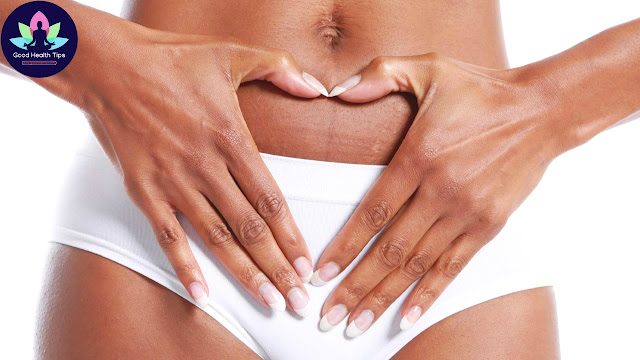What is the most afraid of women's private parts?
1. Afraid of Tights.
Women love beauty. In order to shape beautiful bodies, many women like to wear tight underwear or body-building underwear, but wrapping Tai Chi mud will affect the health of private parts. Because the wrap is too tight, the blood circulation of the private parts is blocked, the air circulation is not smooth, and secretions such as sweat glands are not easily volatilized, thereby inducing vaginitis.
Coping Method: Do not wear tight underwear, clothes should be loose, breathable, it is best to choose pure cotton material to ensure the air and blood flow in the private parts.
2. Afraid of Artificial Abortion.
Abortion hurts not only the uterus but also the vagina. The vagina and pelvic muscles have begun to relax during pregnancy. During the abortion, the vagina expands and the elasticity is weakened. The unclean tissue after the operation is left in the vaginal folds and the posterior iliac crest, and the vaginal wall is enlarged.
Coping Methods: Do a good job of contraception, avoid artificial abortion, the best method of contraception is to use a condom.
3. Afraid of Excessive Cleaning.
Many women think that the cleaner the vaginal wash, the better. In fact, this idea is wrong. Because the vagina itself has a self-cleaning effect, if it is washed with lotion, it may break the acid-base balance of the vagina, leading to dysbacteriosis, which may make the bacteria more easily invaded, and may cause discomfort such as dryness and itching of the genitals.
How to deal with it: Without the doctor's advice, don't wash your vagina with your own lotion. Clearwater is not recommended. It is enough to wash the vulva with warm water and change the underwear every day.
4. Bacterial Virus Infestation.
The physiological structure of women is quite special. The vagina is placed on the urethra and the lower anus. Many bacteria and viruses are easily invaded, which can easily lead to the verification of vulva and gynecological inflammation such as vaginitis. Moreover, the female genitalia is directly connected to the outside world, so the germ can directly invade the uterine fallopian tube, leading to inflammation in the body.
Coping Method: Clean the vulva with clean warm water every day, change the underwear every day, clean the vulva and underwear to the special basin, and wash the underwear to hang in the sun to dry and sterilize.
How should women maintain their private parts?
1. Try to use White, non-Scented Toilet Paper in the Toilet.
After urinating in the toilet, use the toilet paper to dry the urine. After using the toilet paper, the toilet paper should be wiped from front to back to avoid bringing the bacteria in the feces into the vagina and urethra. The toilet paper should be white, non-scented and produced by regular manufacturers.
2. Drink Plenty of Water.
Because drinking more water can help the body's metabolism, dilute urine and vaginal secretions. The urine produced by moisture entering the body can also take away the bacteria in the vulva and urethra, which is beneficial to prevent vaginitis and urinary tract infections.
3. With Regular Sanitary Napkins (towels).
Sanitary napkins or tampons have their advantages and disadvantages and are subject to personal preference and physical condition. In short, developing good health habits during the physiological period is the best way to protect yourself. Special reminder In order to make the private parts better breathable during menstruation, it is best to choose sanitary napkins or sanitary napkins with good ventilation and absorption properties.
4. Correct Cleaning Underwear.
The underwear should be cleaned separately from other clothes and cleaned with a mild detergent. Some descaling or softening may cause an allergic reaction. If you feel that something is wrong, it is best not to use it. Wash it thoroughly when washing. After drying, it can be dried or completely dried in the sun.

1 Comments
Best Joint Pain Supplement
Best Immune Booster Supplement
Best Uric Acid Supplement
Best Sugar Free Chyawanprash
Best Cough Syrup